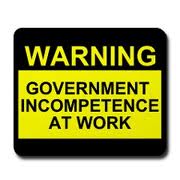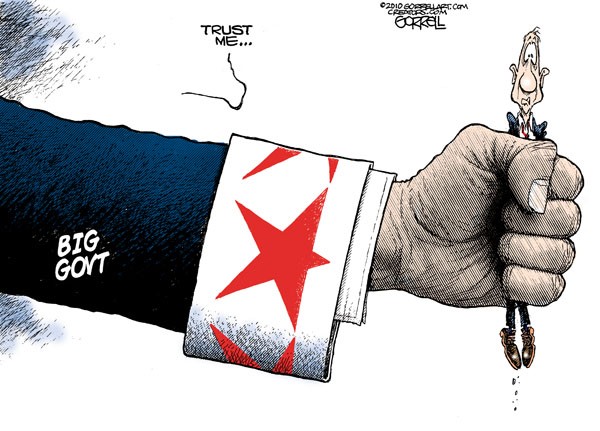Biden Admin Claims More Red Tape Will Boost Efficiency
The White House on Tuesday restored environmental regulations on infrastructure construction that the Trump administration struck down in the name of cutting bureaucratic red tape. The Biden administration said reimposing…





